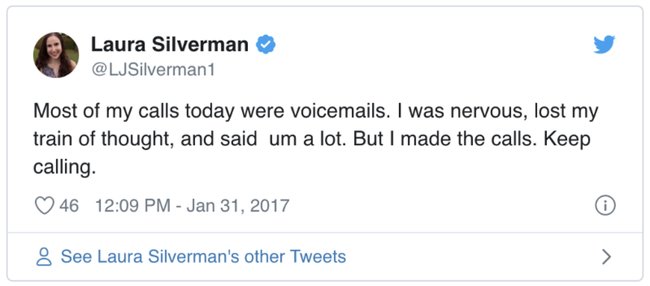Phones used to be synonymous with making calls and keeping in touch with family and friends. However, with the modern popularity of texting and social media, the actual call function is now one of the least important features a phone has. So much so that some people (especially of the younger generation) are losing touch with making phone calls (that is, if they had the ability in the first place!). In fact, telephone phobia is now considered a type of social phobia or anxiety.
When these people hear their phone ring, they wait for the tone to end before googling the unknown number that just called. Friends who try to phone receive the response ‘just text me instead’. For the actual situations when they absolutely need to make a call, they will rehearse what to say a few million times, dial with shaky hands and have a sinking, panicky feeling right in the middle of the chest while listening to the ringing tone waiting for a voice to appear on the other end. I have to come clean—I basically just described myself.

Hating the phone doesn’t mean you have social anxiety. Although the two usually go hand and in hand, some of us are perfectly fine with social interactions but still have a deep fear of making or receiving a call and avoid it at all costs. There’s not a whole lot of research on this, but a 2011 survey found that an average cell-phone owner in the U.S made/received 12 phone calls a day; in a 2015 report this decreased to about 6 a day. A survey of UK office workers in 2019 found that 40% of baby boomers and 70% (!!) of millennials experience anxiety when the phone rings. Interestingly, or rather alarmingly, millennials who have grown up with online communication perceive making and/or receiving phone calls ‘intrusive’ and prefer to use alternative methods of communication/social media that allow them to participate in the conversation at the pace they choose.
No doubt in the last few weeks, with more of us working from home due to the coronavirus situation, phone calls, Facetimes and Zoom sessions are slowly becoming our norm. I have to admit, it’s not so bad after the first few goes. Although it also very much depends on who’s on the other line! And I’d still rather text! But I suppose you can’t text a work meeting or a human biology class…
The bottom line is that we still need the phone for many reasons. For every app that promises to save you a call, there will be a situation where you need to make one. Made a dentist appointment online? You still need to call when you’re running late. Mum not replying to your ‘what’s for dinner’ text? Ring ring.
But the first step to getting over your fear is to understand it. So why do you feel this way? Briefly, it’s due to:
- Not knowing what the other person is thinking
- Time pressure. To my boss who calls for shift covers: no, I don’t want to come in to work today and need time to come up with a somewhat believable excuse, so I won’t pick up
- Feeling like you’re being judged (think about those awkward phone calls in an open office)
- Lack of practice—you rarely make a phone call
- Some people depend a lot on ‘unspoken’ language: body language, eye contact, gestures etc.
New technologies evolving in our rapidly changing world can create new anxieties. But remember, you are not alone. The good news is, you can get over this phone call anxiety by exposing yourself to it time and time again. Think of it as exposure therapy—the more you do it, the less painful it will be. It may also help to have some privacy when making phone calls. Try and change the way you think! Approach calls and set yourself some concrete and specific goals. For example: stay on the line for five whole minutes. Practise beforehand and say things out loud to yourself, and then when there’s nothing left to do, let your fingers do the dialling.
